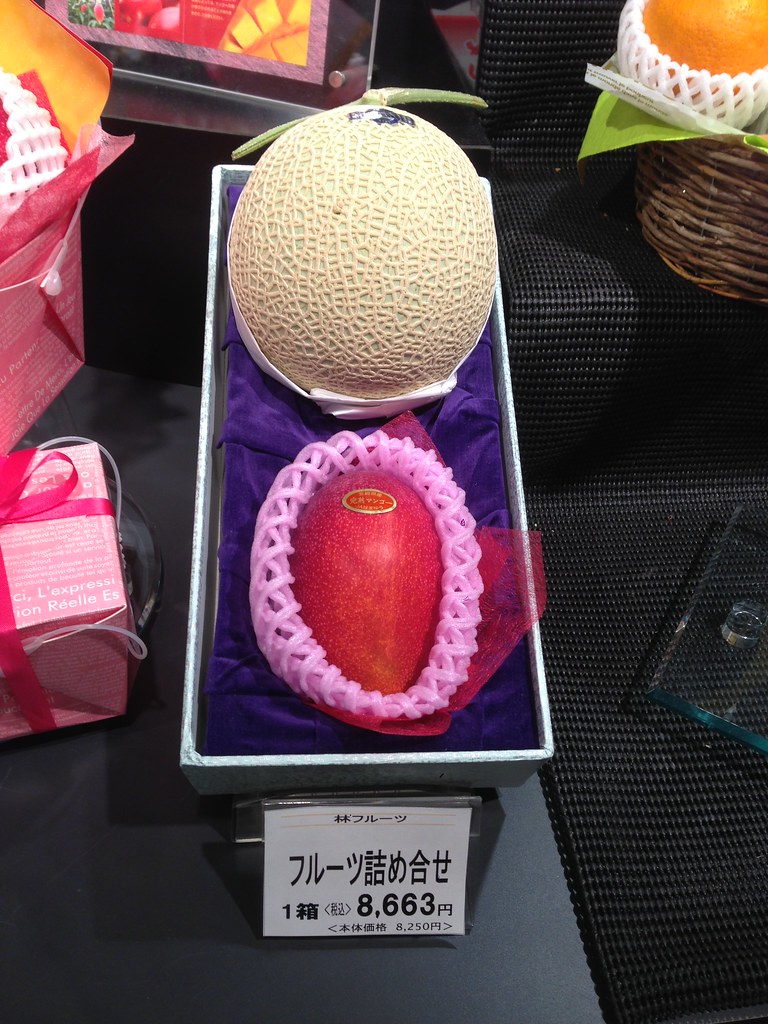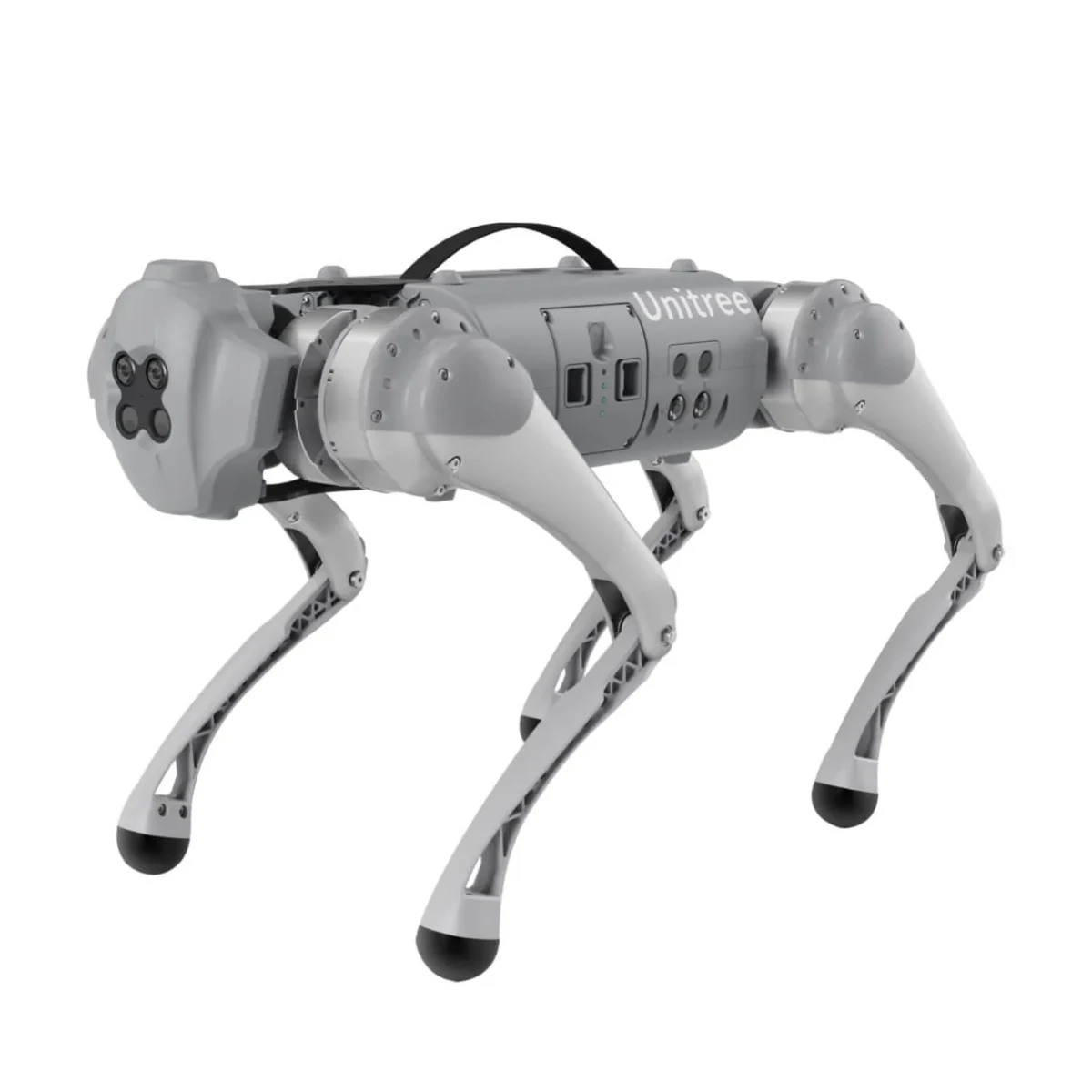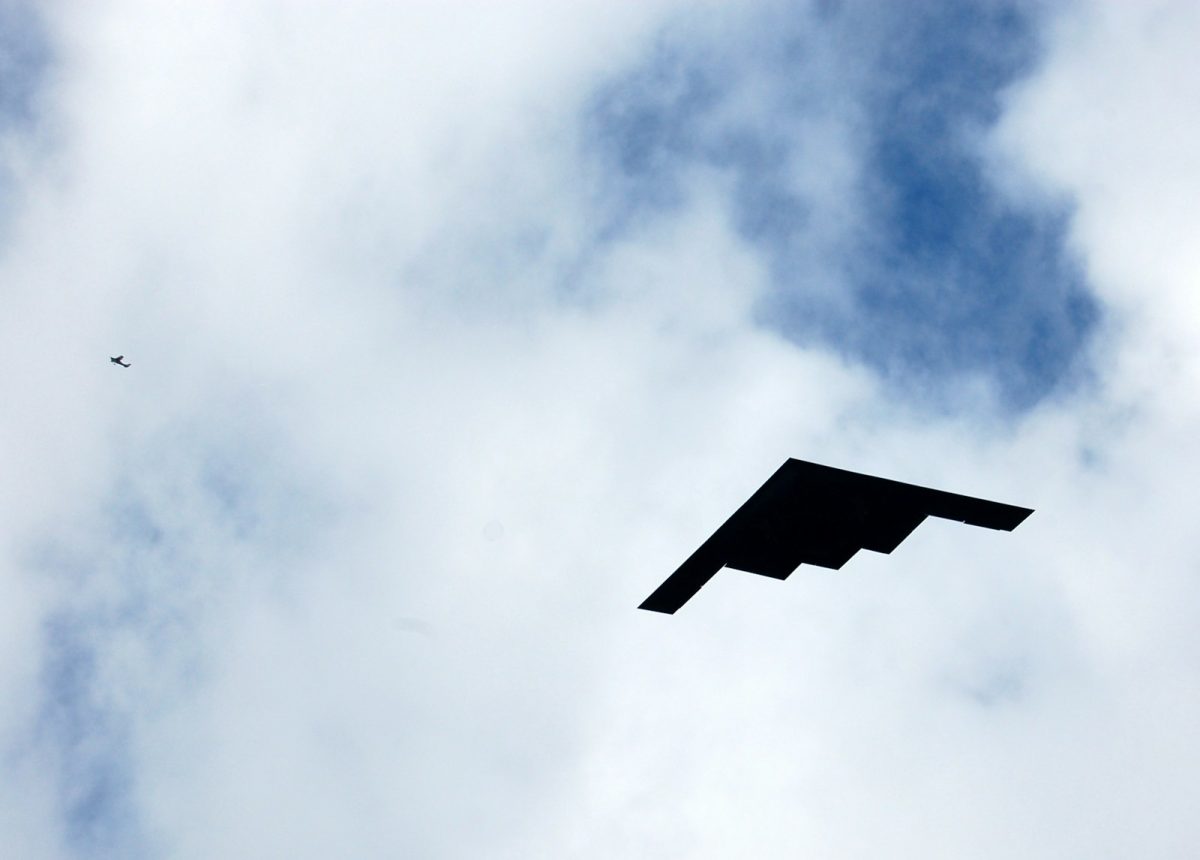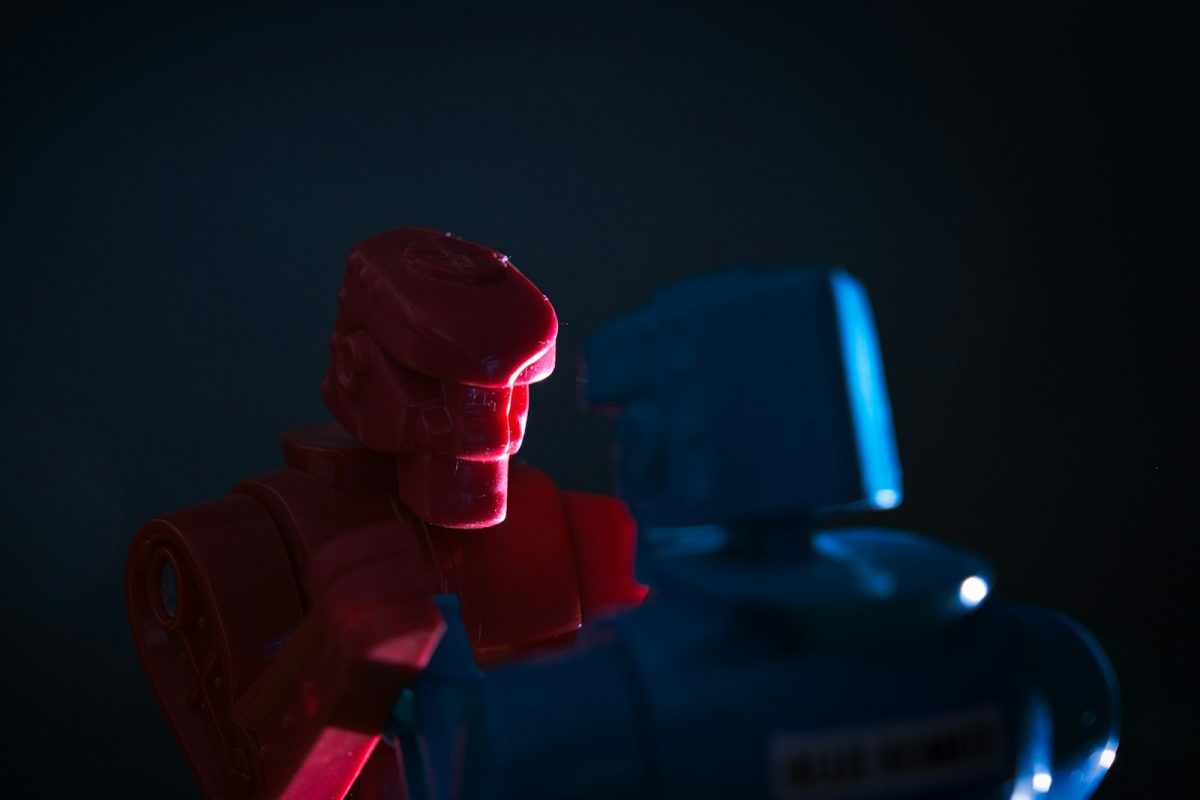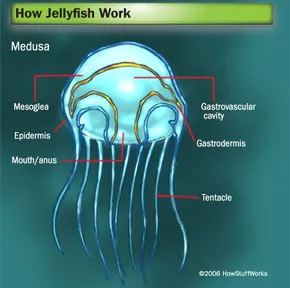The War of the Ants

https://www.smithsonianmag.com/science-nature/when-it-comes-waging-war-ants-humans-have-lot-common-180972169/
Ants are a significant part of the world. There are over ten quadrillion ants in the world and over 16,000 species. Ants make up 20% of the entire biomass of animals on land. While a single ant alone is practically useless, a group of ants can achieve stunning feats such as constructing complex colonies, caring for livestock, pursuing agriculture, or having complex symbiotic relationships. Alongside that, ants wage war in the forms of skirmishes, raids, and full-on invasions every day, causing millions of casualties.
The Army Ant is a swarm consisting of around 200 different species. They do not build nests, unlike other ants. Instead, they live with groups of millions of other individual ants going on hunts killing and dismembering different species of insects or vertebrates they encounter. The biggest hunting parties can kill up to 500,000 animals per day. Some Army Ants specialize in killing other social insects such as termites, wasps, and especially other ants. If an Army Ant discovers another ant colony, they immediately attack. Because Army Ants act as a social unit, they are especially dangerous to other ants.
Although Army Ants attack most ant armies they come across; they will not attack other Army Ant colonies. They either pass through each other or ignore the other swarm completely. The reason is an evolutionary trait. Many years ago, the hyper-aggressive Army Ants exterminated each other, and both went extinct, so if the Army Ants continued to do so, they would go extinct as well. Army ants are so deadly that other ant species had to specialize to survive their presence. Many species panic and evacuate when they notice Army Ants carrying as many larvae as possible and coming back and rebuilding after the attack. Other species have invented living bunkers since fighting is futile. They have worker class ants with big square heads to block the entrance when they notice an Army Ant, so they eventually have to leave.
In conclusion, Army Ants are dangerous ants that can not be dealt with easily.
